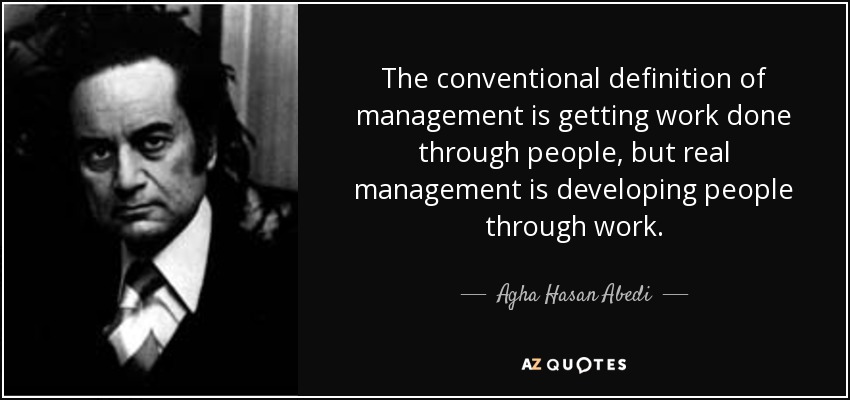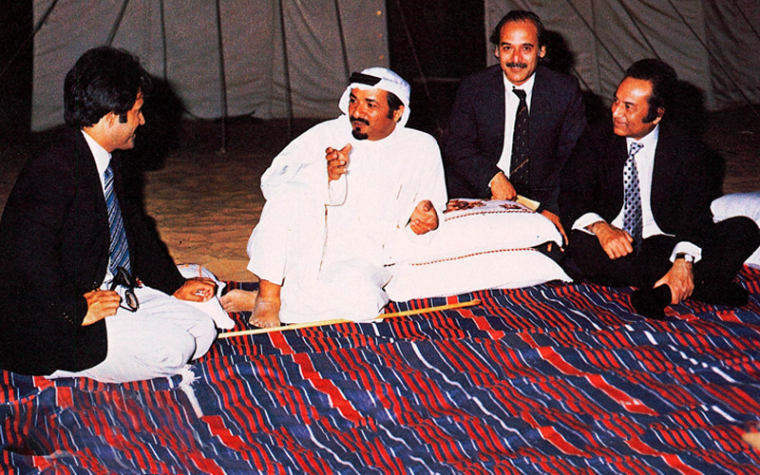“A Portrait of Agha Hasan Abidi: Exploring His Early Years” :

Agha Hassan Abidi was a Pakistani banker and poet who founded Bank of Credit and Commerce International (BCCI. Talk about his early life he was born in Mahmudabad a city of Lucknow, British India to a Urdu speaking Muhajir middle class family. He received his master’s degree and a Law degree from Lucknow University. Like majority of Muslims his family also migrated to Pakistan after the creation of Pakistan back in 1947.
“Agha Hasan Abidi: Creating BCCI’s Financial Innovation”
It was the year 1972 when Agha Hassan Abidi started the Bank of Credit and Commerce International initially with the funding of $2.5 million only the early investors of Bank of Commerce International (BCCI) was Bank of America and the remaining 75% investor was Sheikh Zayed bin Sultan Al Nahyan,
For a decade, it was the fastest growing bank in the world as when it was at its peak it was the the direct competitor of some of the world’s biggest banks at its time. Bank of Credit and Commerce had more than 400 branches in 72 countries and more than 1.6 million active depositors.
In 1972, Abidi’s vision took shape with the founding of BCCI in Luxembourg. Under his leadership as Chairman, BCCI quickly rose to prominence by introducing groundbreaking financial products and services. This include pioneering foreign baking operations, facilitating seamless trade, finance transactions, and establishing correspondent banking relationships across continents.
Hasan Abidi’s strategic commitment to innovation move the Bank of Credit and Commerce International (BCCI) for rapid expansion, as the bank established a vast number of branches across the world. Abidi’s institution was known for its efficiency, dedication o client confidentiality attracted a diverse customers ranging from multinational corporations to individual investors, most of its customer was from United Arab Emirates as they were trading oil in a large scale and they were earning lot of money , to put that money they needed a bank to deposit , Bank of Credit and Commerce International was the first option for them to deposit that money as the biggest share holder of BCCI was Sheikh Zayed bin Sultan Al Nahyan the ruler of Abu Dhabi in the United Arab Emirates.

Agha Hasan Abidi’s impact on the banking industry goes far beyond the rise and fall of BCCI. His entrepreneurial drive and unwavering commitment to financial innovation have left an enduring legacy that continues to shape the global finance landscape. Abidi’s visionary approach didn’t just influence BCCI’s journey; it left a profound mark on the evolution of banking worldwide. His legacy serves as an inspiration for future generations of banking professionals, urging them to challenge the status quo, explore new possibilities, and embrace innovative solutions in their pursuit of excellence.
“BCCI’s Downfall: A Banking Crisis”
“BCCI’s downfall came swiftly in 1986, amid allegations of fraud and regulatory breaches. Once celebrated for its global reach and innovative services, the bank’s reputation crumbled under the weight of financial misconduct. Investigations revealed a web of corruption and illegal activities, leading to its eventual closure. The collapse of BCCI sent shockwaves through the financial world, highlighting the importance of accountability and transparency in banking.”
Nevertheless, many still regard him as a banking hero, contending that the demise of BCCI was orchestrated by the first-world banking systems, unable to tolerate competition from a third-world country’s bank.
In July 1991, it was found by international regulators that the bank was involved in a massive fraud and money laundering and many more criminal activities. Abidi was also sentenced for 8 years prison.
“The Passing of Agha Hasan Abidi: Remembering a Banking Pioneer”
Agha Hasan Abidi passed away on 5 Augest 1995, leaving behind a legacy of financial innovation and leadership. After suffering a heart attack and led a retired life in Karachi until his death due to heart failure at Aga Khan University Hospital, Karachi. May his soul rest in peace.